Q: What does the “unity of the church” mean? There are at least three distinct meanings for the phrase. There is the unity of the holy catholic church; there is the unity of The Presbyterian Church in Canada; and there is the unity of an individual congregation. Each is important in our present debate.
Central Presbyterian Church, Cambridge, is a large, healthy and diverse congregation with a relatively low average age, ranging from birth to 100. While embracing a ‘contemporary’ worship style, the congregation might be described as fairly conservative in its outlook; is generally well educated , is well aware of, and receptive to the current pace of change in both secular society and the church. The congregation encompasses a broad range of understandings of sexual orientation. (One member participated in writing the 2003 report of the GA Special Committee on Sexual Orientation, some are involved in the Alpha program, and some adhere to understandings that differ from current PCC doctrine).
The session recently set aside a time for elders to discuss the question posed by the Committee of Moderators and a variety of views was heard.
- Predominantly, all who spoke agreed that we must recognise the importance and centrality of Christ-like love for all people. Examples were given of how the church had failed in the past, and how we have moved ahead from those times while learning to accommodate our differences.
- We were reminded in a passionate presentation that at Central we have several families who have members in same sex marriages who are accepted and welcomed as equals by the congregation. Given the number of our congregation, we know we must have others whose orientation is not heterosexual, and who are welcomed under our unofficial motto of “Come as you are”. Credit was given to those who have difficulty with this, yet who unreservedly project Christian love for them.
- We were also reminded, by poignant example, that there are conditions other than sexuality that can, but should not, divide us.
- There was no sense that the issues we faced in the discussion offered any grounds for dividing the church at any level, locally, nationally or globally. It appeared that the values that hold us together: worship, fellowship and service – are stronger and more important than the issues that could divide us if we allowed them to.
- It was stated that it is fundamental to our belief that the church in all its denominations is the body of Christ on Earth. As with any other body, human or spiritual, we believe that it cannot be divided and survive, and with grace, we shall continue as that one, undivided body.
Note: We often see the word ‘homophobia’ used in discussions of this topic and it is often misused. It needs to be remembered that this is defined as a fear of homosexuality; not a hatred of homosexual people. The difference is real and is important.
